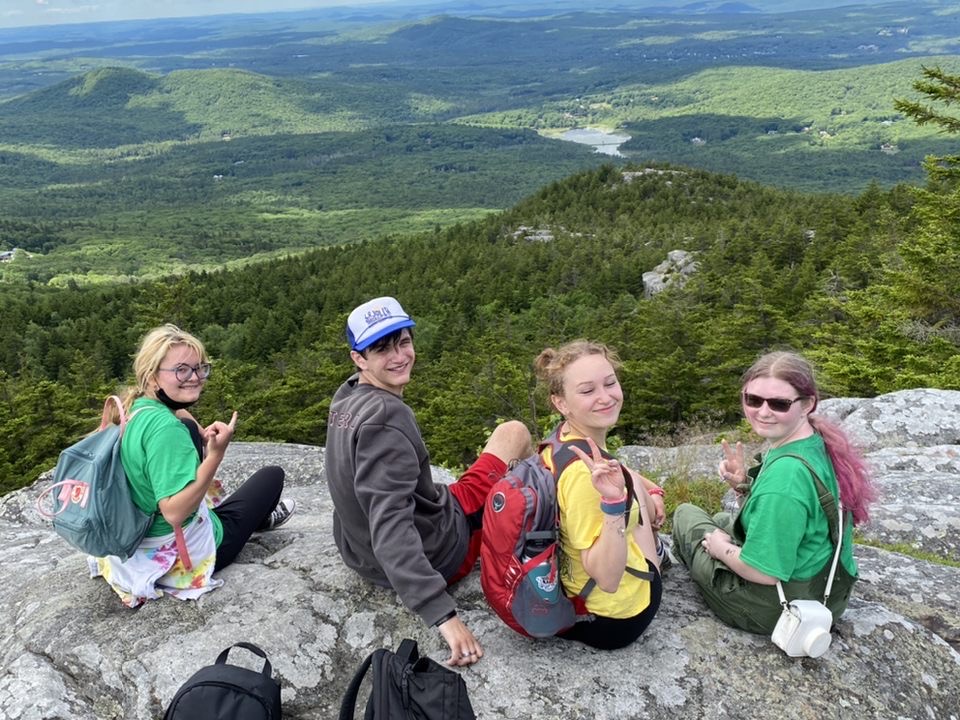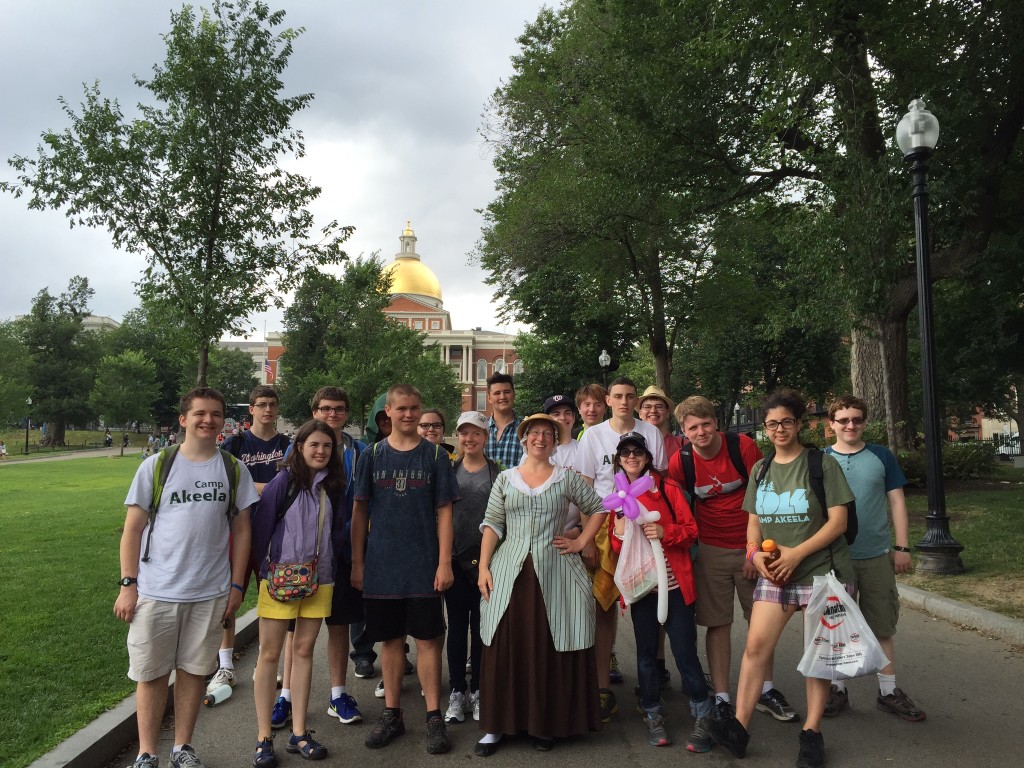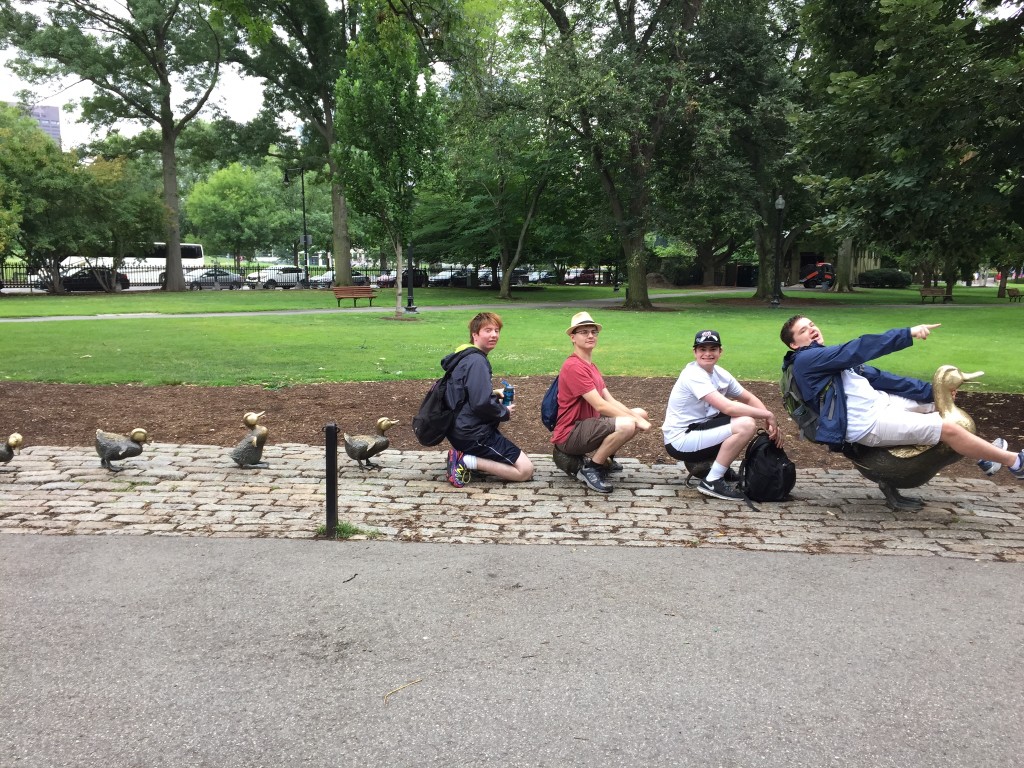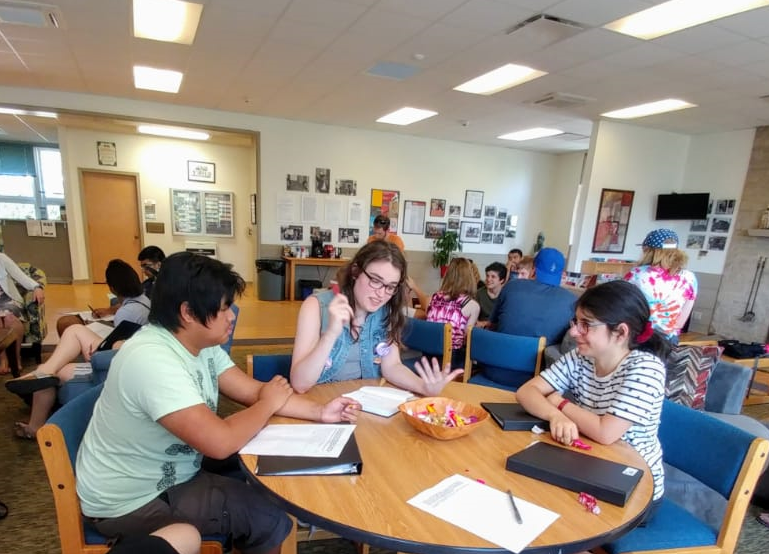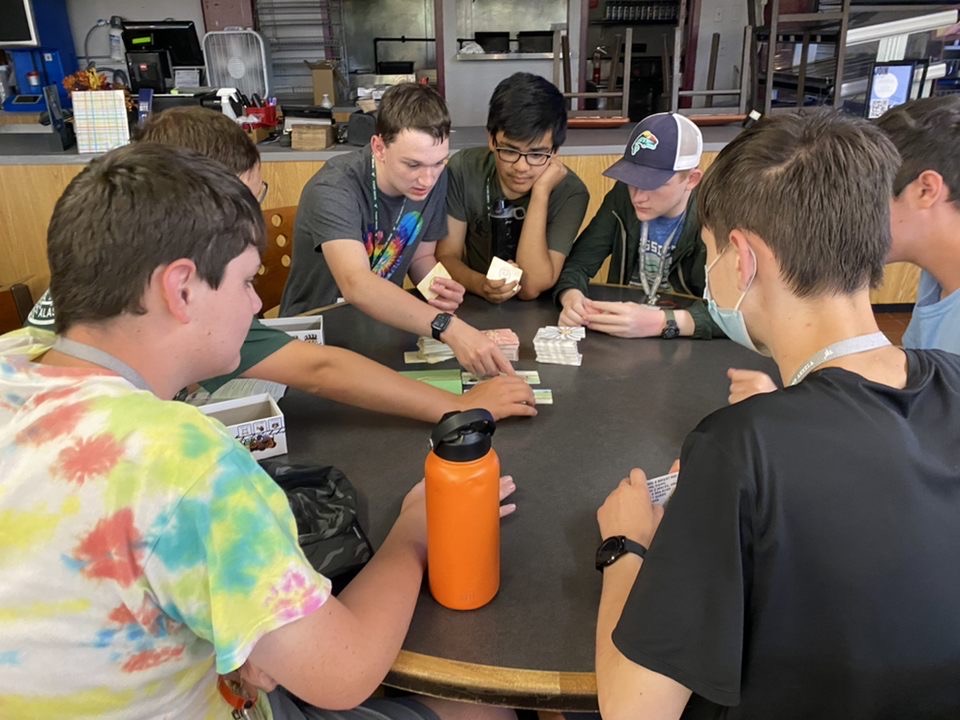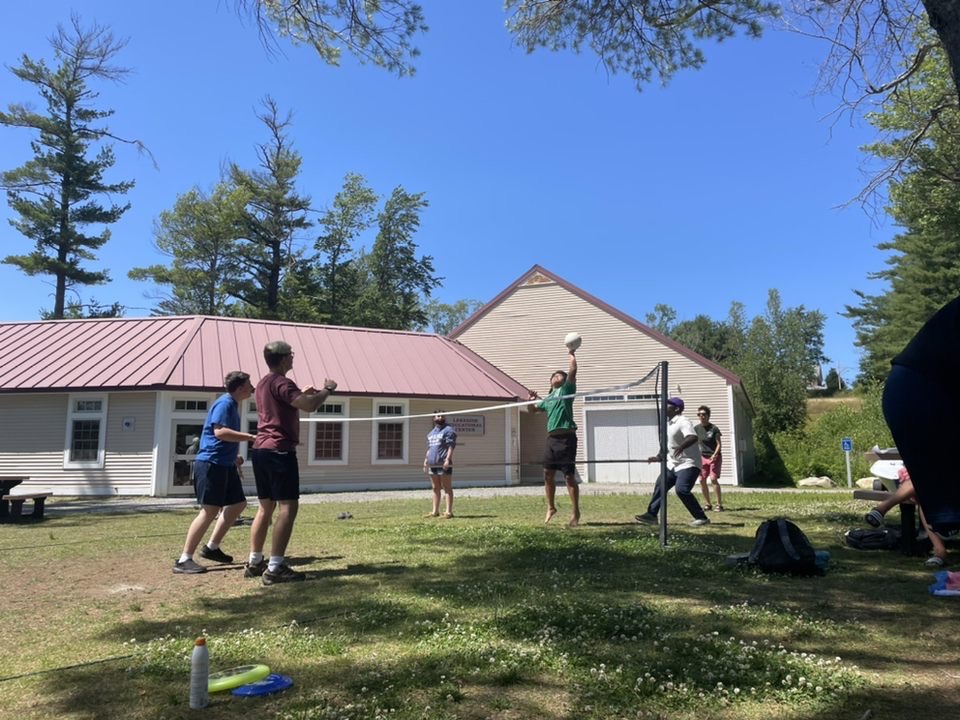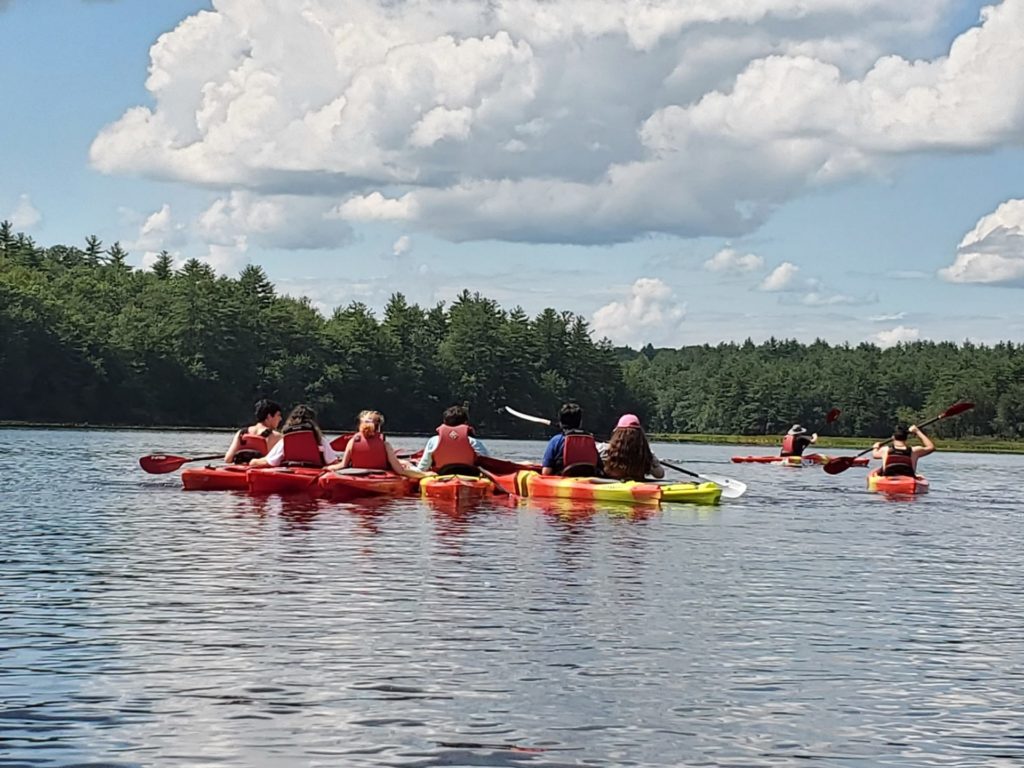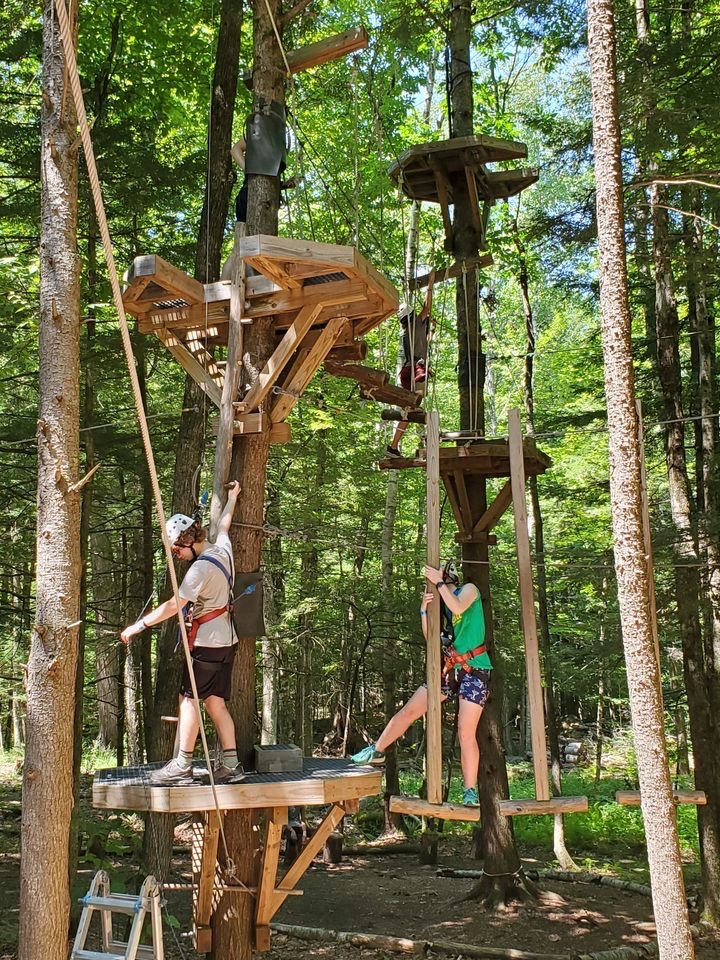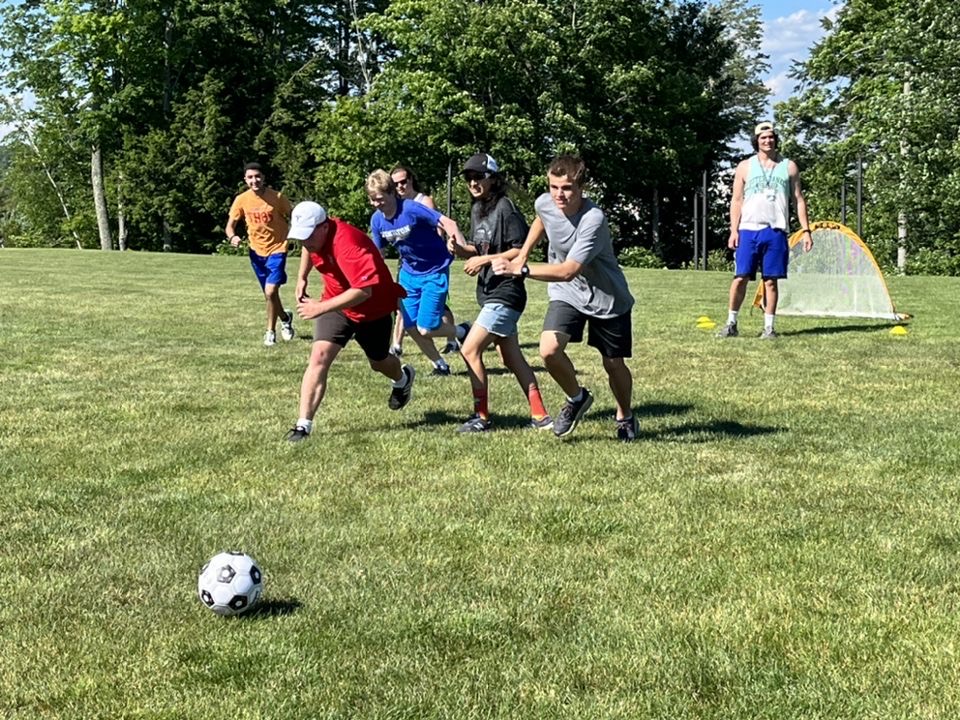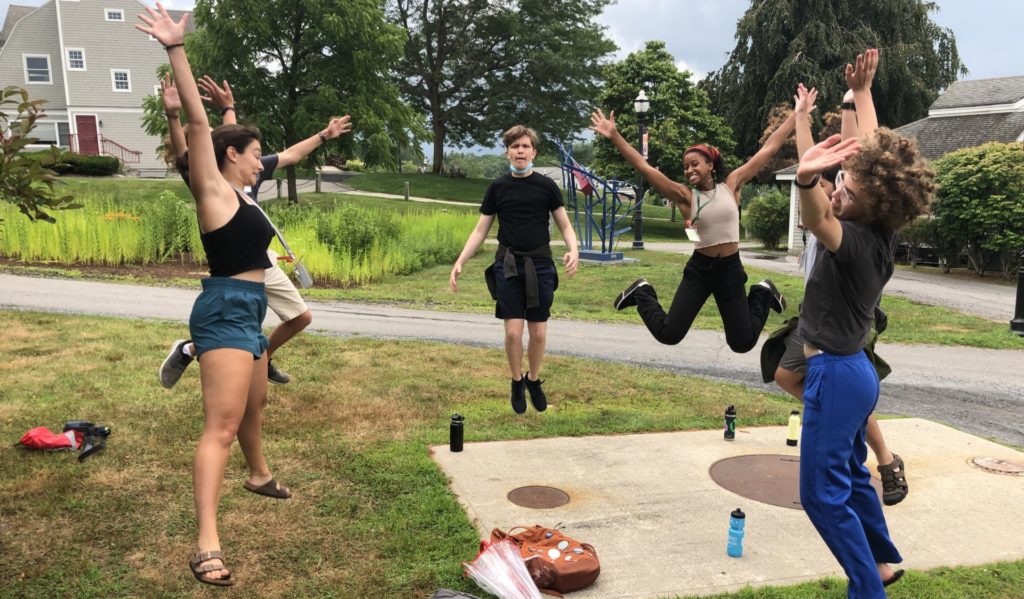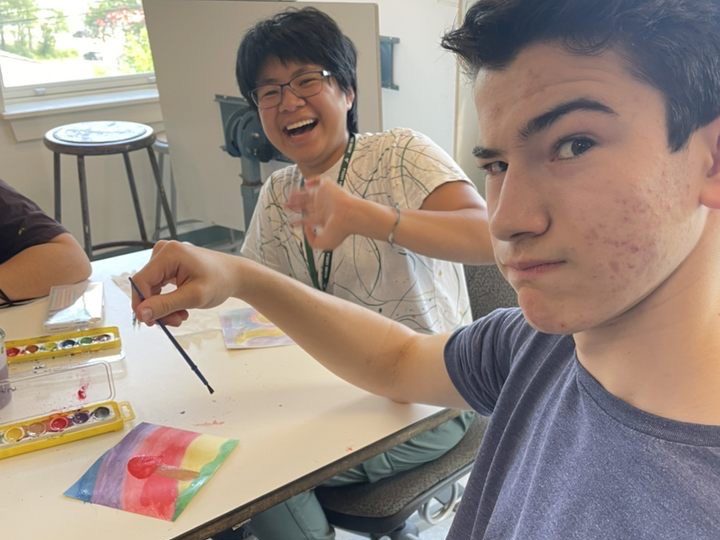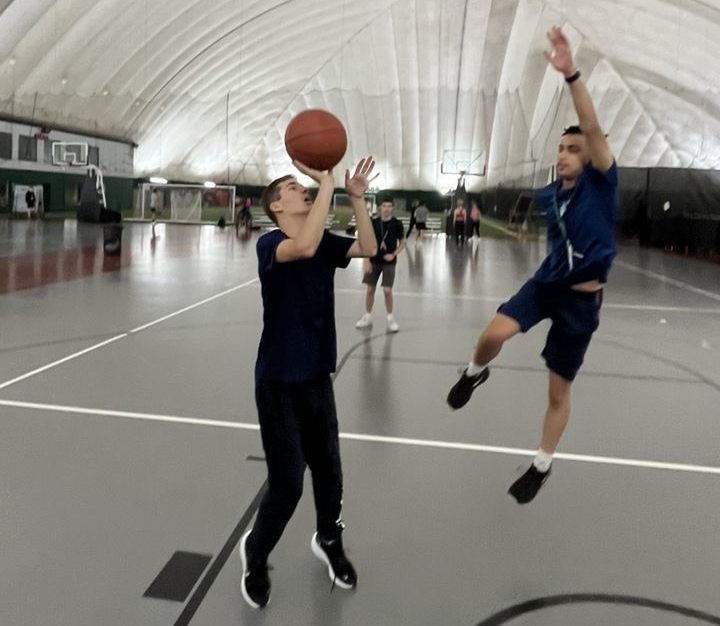The practice of mindfulness has garnered significant attention in recent years. It holds the potential for profound positive changes in our lives. But a lot of the research on mindfulness has been conducted with a neurotypical population. It is important to explore the benefits and challenges of mindfulness practices with neurodivergent folks.
Benefits of Mindfulness
Mindfulness isn’t a one-size-fits-all practice; it can be adapted to cater to the unique needs of neurodivergent individuals. Here are some of the advantages demonstrated by research with neurodivergent participants:
Reducing Repetitive Negative Thoughts
Participants reported that mindfulness practices helped promote awareness of repetitive negative thoughts, and empowered them to manage their thoughts effectively.
Promoting Self-Compassion
Mindfulness fostered a kinder, more accepting attitude towards oneself. Participants reported a reduction in self-judgment.
Improved Sleep
Participants reported that directing attention to their body (body scan meditation) helped them fall asleep more easily.
Challenges in Mindfulness for Neurodivergent Individuals
While the benefits of mindfulness are evident, there are certain aspects of mindfulness practices can be challenging for neurodivergent individuals:
Sensory Overload
The heightened awareness of the present may lead to overwhelming sensory experiences. This is especially true for mindfulness practices that involve paying attention to smells, sounds, and taste.
Abstract Concepts and Language
Some mindfulness practices involve very abstract and metaphorical language that might not resonate with neurodivergent individuals, making it challenging to engage with the practice.
Techniques Involving Strong Vibration
Singing bowls and sound healing can feel overwhelming for those with sensory sensitivities.
Mindfulness Practices Ideas for Neurodivergent Teens
Affirmations
Repeating positive affirmations offers an effective alternative to focusing on breath. It boosts mood and self-confidence while fostering mindfulness.
Alternate Anchor Points
Instead of focusing on your breath, choose an anchor point in your body that feels comfortable to you. Some ideas include concentrating on your heartbeat or the rise and fall of your stomach.
Connecting with Nature
Take mindful walks in nature, observing plants, textures, and colors. Nature provides grounding and can promote a positive mood.
Active Mind-Body Activities
Activities like dancing, yoga, or martial arts that blend physical movement with breath, can help you cultivate a mindful state while staying active.
Art as Mindfulness
Creative pursuits like drawing, painting, or sculpting can serve as forms of mindfulness. The process of creating art enables complete focus and presence.
Mindfulness practices hold immense potential for neurodivergent teens. However, it is important to adapt mindfulness to meet your own needs by exploring different techniques. There is no mindfulness practice that is the best; the goal is peace and self-acceptance.



